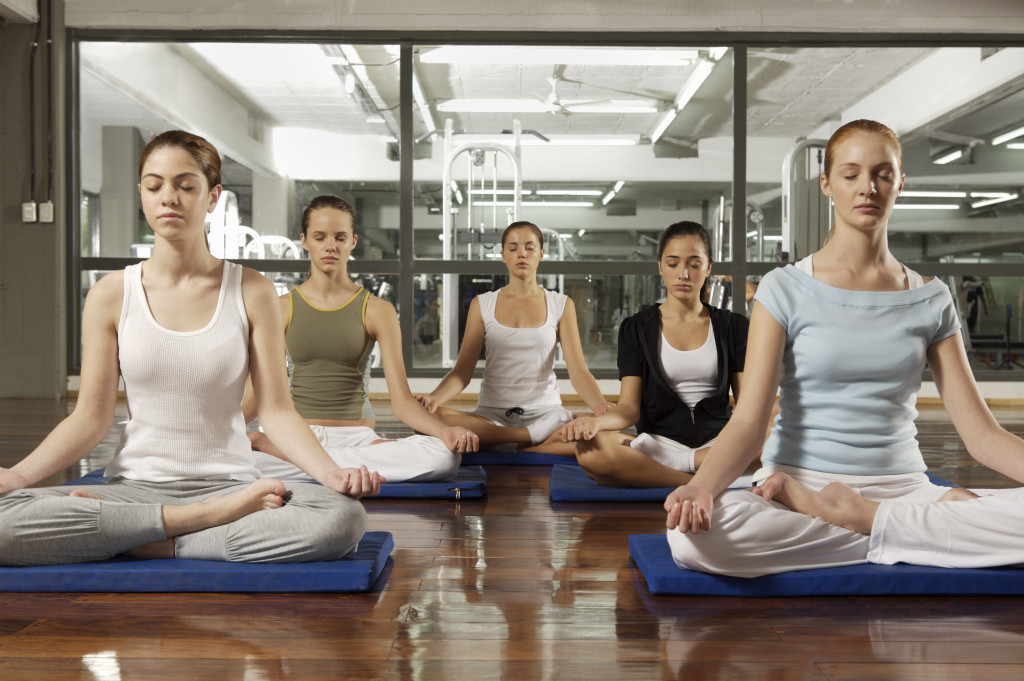Were you always the type of person who was put together, or were you always more of a scatterbrain? Being organized or not is essentially a personality trait, and there’s nothing wrong with being either.
There are times, though, wherein the clutter of life can get overwhelming. Clutter, after all, isn’t just a term for the random objects scattered around the house. They can also refer to the non-tangible things we need to sort out in our lives–schedules, boundaries, even dreams. You can be tidy but experience being overwhelmed by all the other stimuli in your life.
Sorting things out is a lifelong process, and different aspects of our lives demand it. As with health and wellness, getting organized must be a holistic journey, taking into account the world we live in and the world inside our heads.
Get things done by writing things down
Much has been said about the value of writing things down. Whether writing down study notes for better memory retention or processing feelings and experiences by keeping a diary, there is power in writing things down.
It doesn’t matter all that much if you’re a pen and paper type of person or would much prefer jotting down notes on your phone. The important thing is to unload yourself of all of these thoughts and information. The stress of trying to keep them all in your head can be avoided. Writing them down will ensure that you’ll never forget them while also clearing your mind of unnecessary information overload.
One effective method of writing things down is called bullet journaling. You’ve probably heard of it before because it’s been such a popular way of organizing our lives. The brilliance of the method is that it’s highly customizable. There is a basic concept and format, but the idea is to find the layout that works for you. It accommodates different kinds of people with different goals and activities. It’s also “all-in-one” in the sense that your bullet journal can serve as a diary, to-do list, vision board, and more.

Are you living inside your head?
If your mind is a jumble, then your surroundings might also be a mess and vice versa.
Our physical space can greatly affect our mental state, making it important to also get rid of physical clutter. As with mental clutter, how you organize your physical space lies largely on what works for you. It’s ideally a system that you can achieve and stick to.
There are many movements in this space, such as minimalism or Konmari, but ultimately they rely on our ability to get rid of the unnecessary and to avoid piling up clutter. It’s like journaling in the sense that you need to clear your space of things that you don’t need, allowing you to move around and focus on the things that matter.
A clear physical space makes it easier for you to clear your mind. The airiness alone, the release that a period of purging away your clutter can give you, is an emotionally freeing and unburdening process, too.
Once you’ve cleared your physical space, you can then create an organizational system to maintain this. Maybe you can find a closet system that works for you or a storage system that would prevent further hoarding in the future. The important thing is that it should make your life easier. Don’t let your commitment to organizing become a burden in itself.
Compartmentalizing, setting boundaries
Just as important as organizing our physical and mental spaces is organizing our relationships.
This may sound cold, but it’s really just about setting emotional boundaries for yourself. Especially for introverts or people-pleasers, interpersonal relationships can sometimes be stressful and overwhelming when they shouldn’t be at all.
Our family, friends, and acquaintances are there to enrich our lives. They shouldn’t feel like added tasks to our to-do list. One way to avoid this feeling is to compartmentalize and set boundaries–to have an inner circle that is trusted, supportive, and safe. Though welcome to your life, everyone else should respect the space or distance you’re comfortable with.
The key to happiness in our relationships is, as with other stuff, making sure that we let go of those that burden or harm us and keep only those that make us happy and healthy.
That is, after all, the ultimate goal of organization: to achieve happiness and wellness. We don’t strive for an organized life because we have to but because we want to, because we see how it makes our lives better. If organizing doesn’t do that for you, if you feel that it stunts your freedom and creativity, then that’s perfectly valid. You do you.